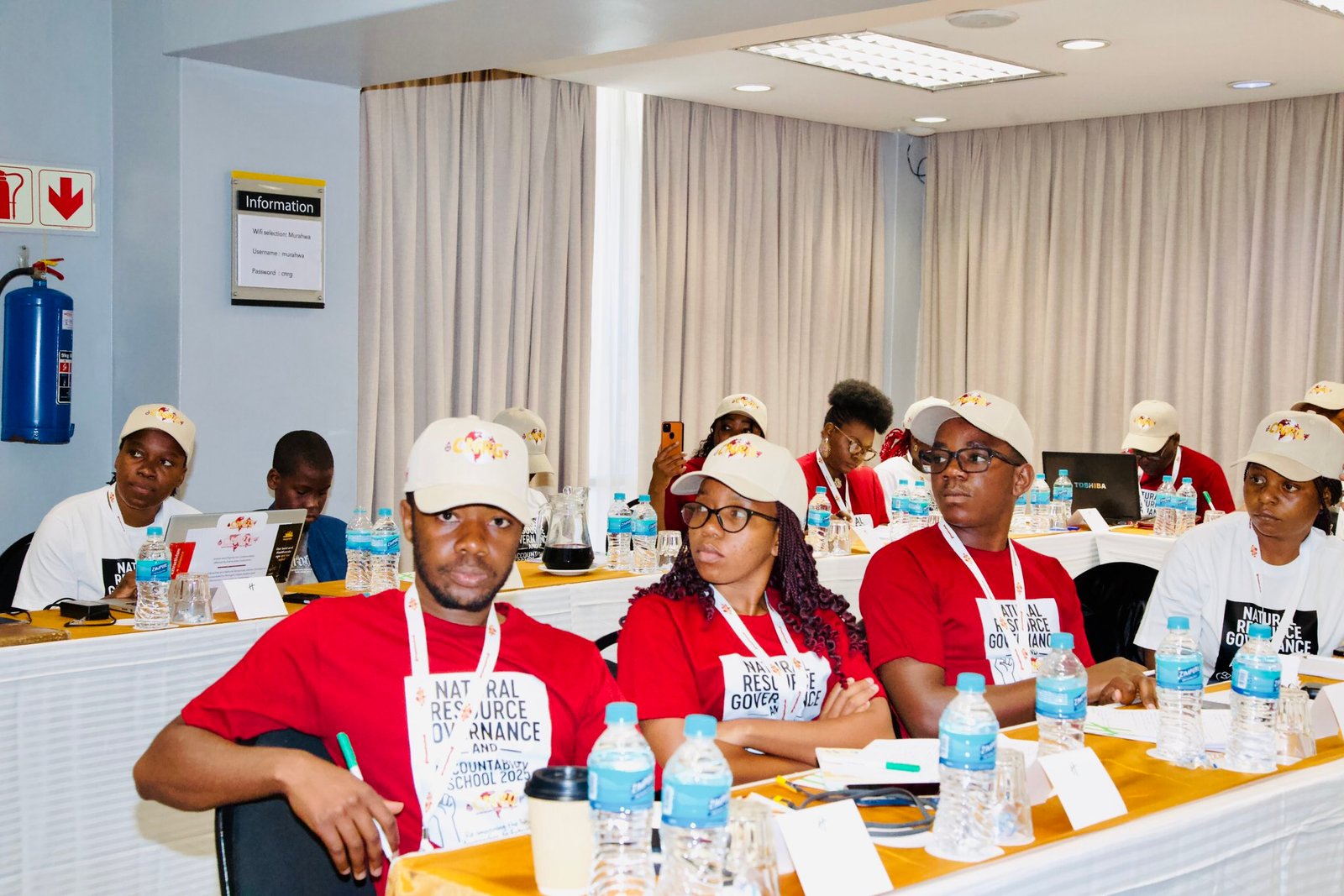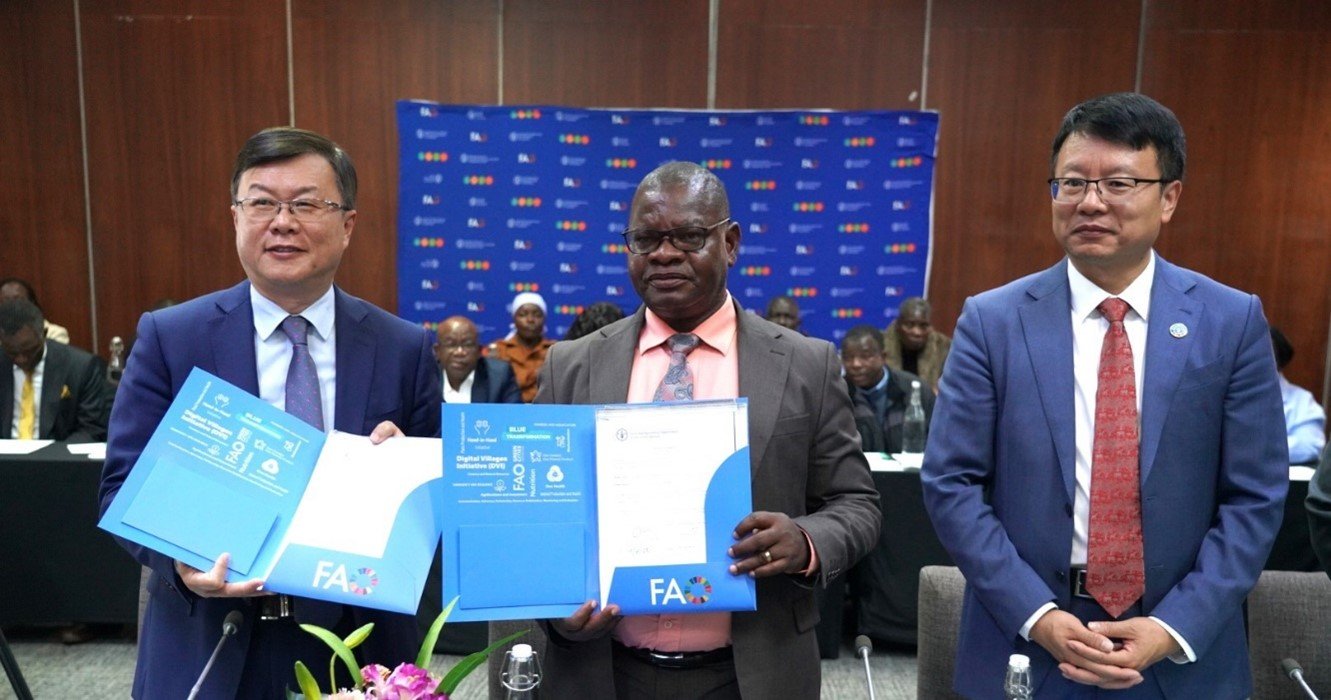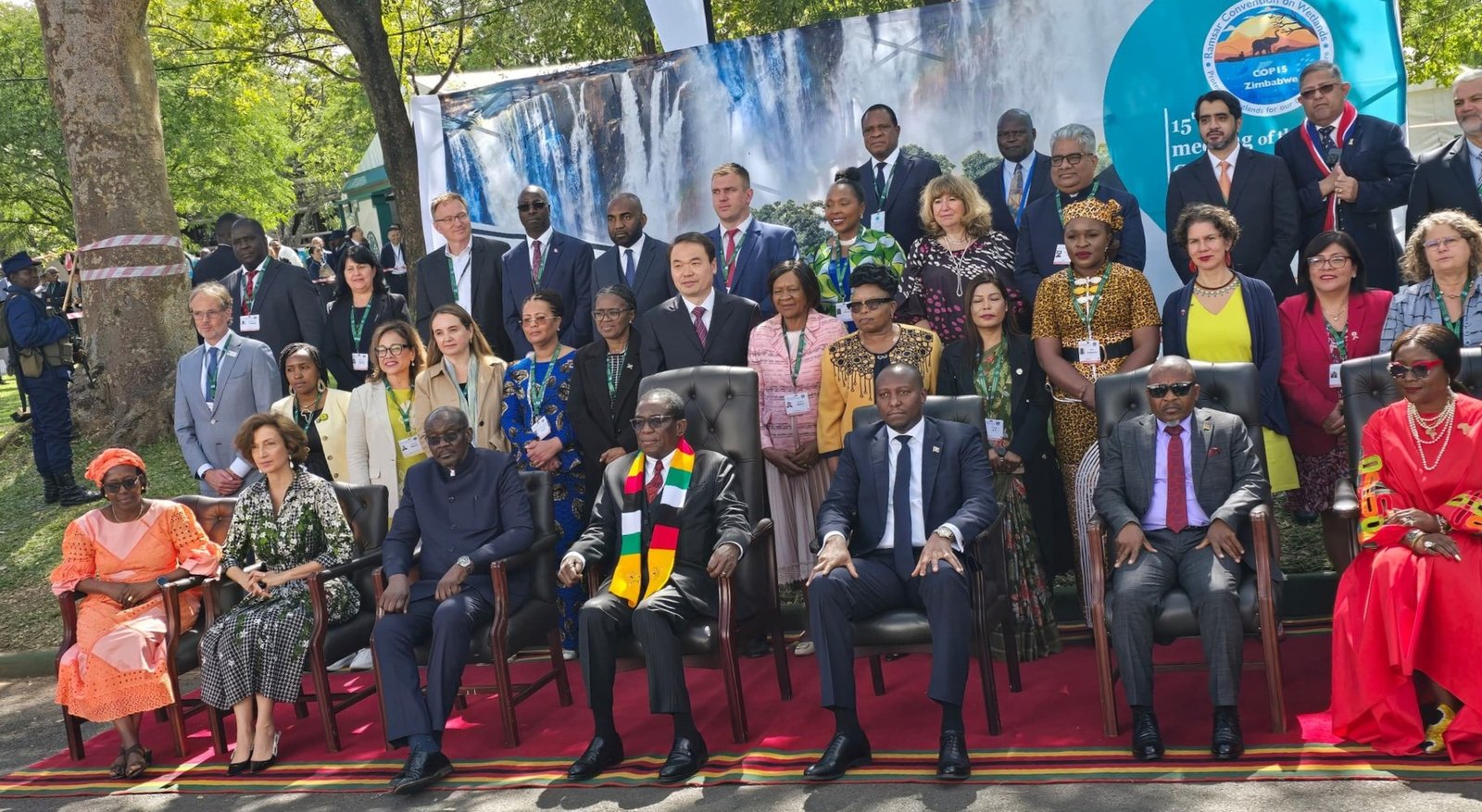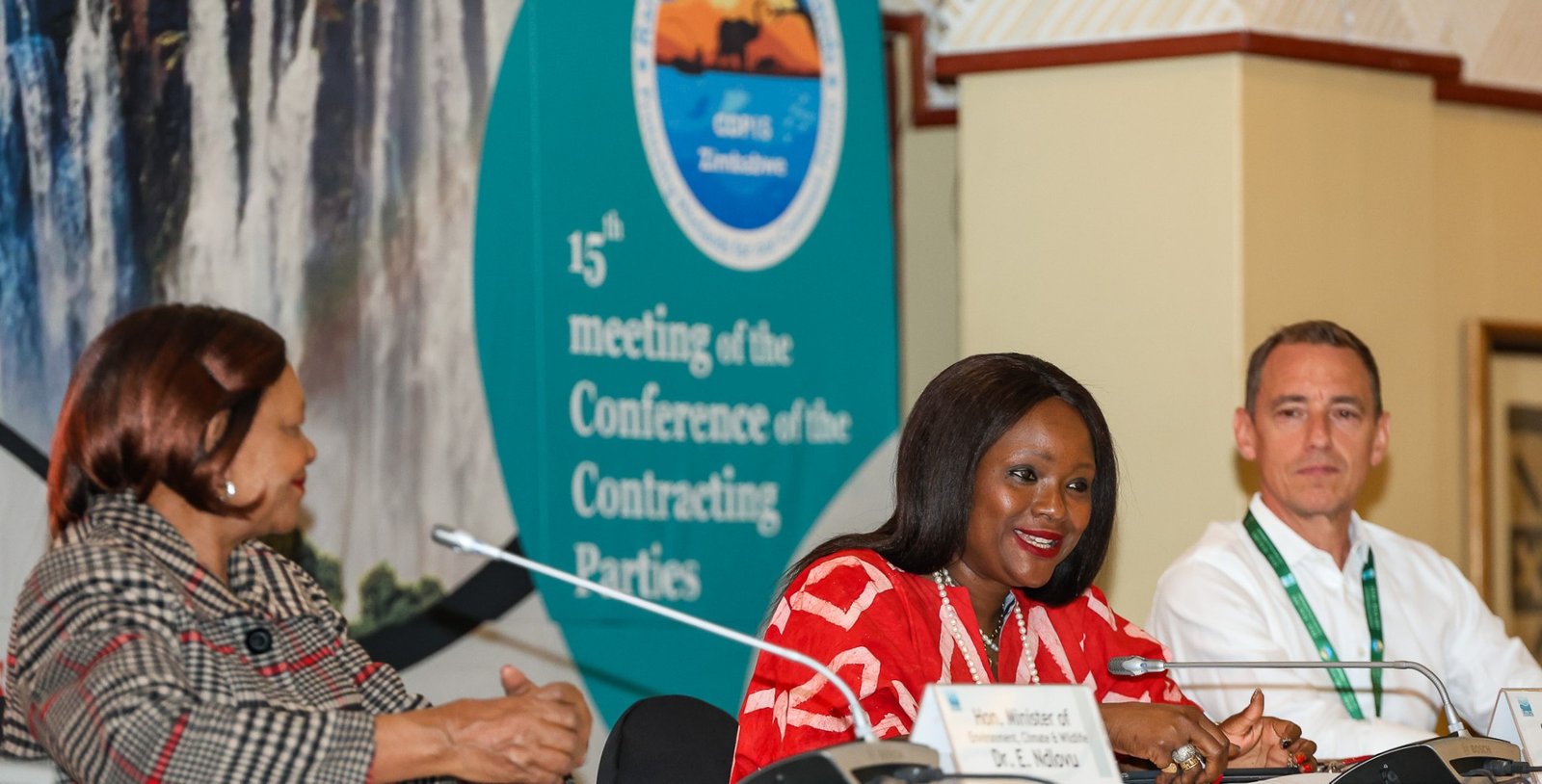In a renewed effort to address the growing health challenges exacerbated by climate change, the Southern African Development Community (SADC) has pledged to enhance its regional response mechanisms.
This commitment was solidified during an Extraordinary Meeting of SADC Health Ministers, convened recently to deliberate on emerging health threats and formulate unified strategies to mitigate their impact.
In her opening remarks, SADC Deputy Executive Secretary for Regional Integration, Ms. Angéle Makombo N`Tumba indicated that the SADC Ministers responsible for Health are meeting at a crucial time. She urged Ministers to not only reflect on the health crises the region faces but to also forge a unified path toward resilience and equity.
“Our region continues to grapple with the enduring impacts of COVID-19, recurrent outbreaks of cholera, marburg, ebola, Mpox, malaria, and HIV/AIDS, and the escalating threats posed by climate-sensitive diseases. These challenges are compounded by fragmented health systems, inequitable access to medicines, and underinvestment in pandemic preparedness”.
The meeting emphasized the critical need for timely information sharing among member states to prevent the cross-border spread of diseases. It also endorsed several key initiatives aimed at fortifying regional health security. The meeting discussed various issues such as the Mpox in the African Region and SADC, the Marburg Virus Disease (MVD) Outbreak in the United Republic of Tanzania, and called for support to the ongoing efforts deployed by the government of the United Republic of Tanzania and International Cooperating Partners to contain the spread of Marburg Virus Disease. The Ministers also discussed the SADC TB Strategic Plan 2025-2030 and the sustainability of the Malaria Elimination Initiation in the region amongst others.
Dr. Jenfan Muswere, the Minister of Information, Publicity, and Broadcasting Services, highlighted the significance of the meeting in addressing the region’s health challenges and devising collaborative solutions.
“Key outcomes of the meeting included discussions on ongoing health emergencies in the SADC region, such as the Mpox Outbreak and Marburg Virus Disease. Member States were urged to share information on disease outbreaks promptly to effectively tackle cross-border transmission. The meeting also endorsed the SADC TB Strategic Plan, the expansion of the E8 Malaria Elimination Initiative to all 16 SADC Member States under the auspices of SADC, a project to accelerate the implementation and investment into the SADC Sexual and Reproductive Health and Rights (SRHR) Strategy, the feasibility study on the establishment of a Southern Africa Health Organisation, and the establishment of the SADC Pooled Procurement Services (SPPS) as an autonomous special purpose vehicle under the principle of subsidiarity,” he said.
During a press briefing, Health and Child Care Minister Dr. Douglas Mombeshora who chaired the Extraordinary Meeting of SADC Health Ministers meeting acknowledged the profound impact of climate change on the spread of diseases.
“We are prepared, and I think this year we have done very well. We managed to respond quickly because we had learned from past experiences. We are also seeing an upsurge in other diseases like Mpox and Marburg virus, which have spread to more countries than before. We believe this is due to climate change, as these viruses are beginning to spread beyond their traditional borders. This is why we convened this meeting, together with other SADC countries, to foster a united response,” he said.
The meeting concluded with a strong resolve to strengthen regional collaboration and ensure that member states are better equipped to handle the health challenges posed by a changing climate. The ministers agreed to prioritize the implementation of the endorsed initiatives and to continue working together to safeguard the health and well-being of the SADC region.





